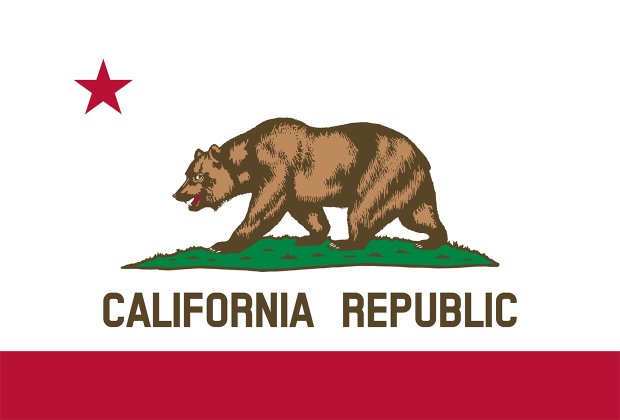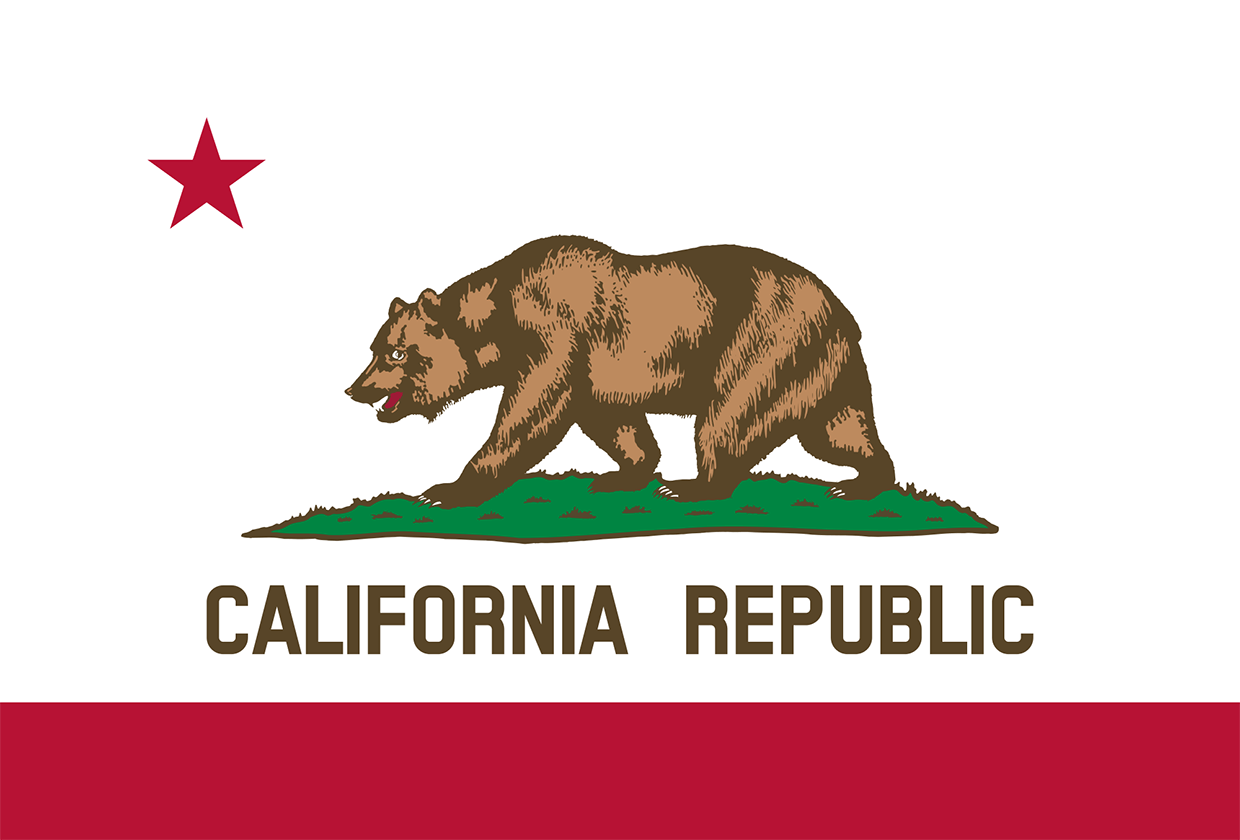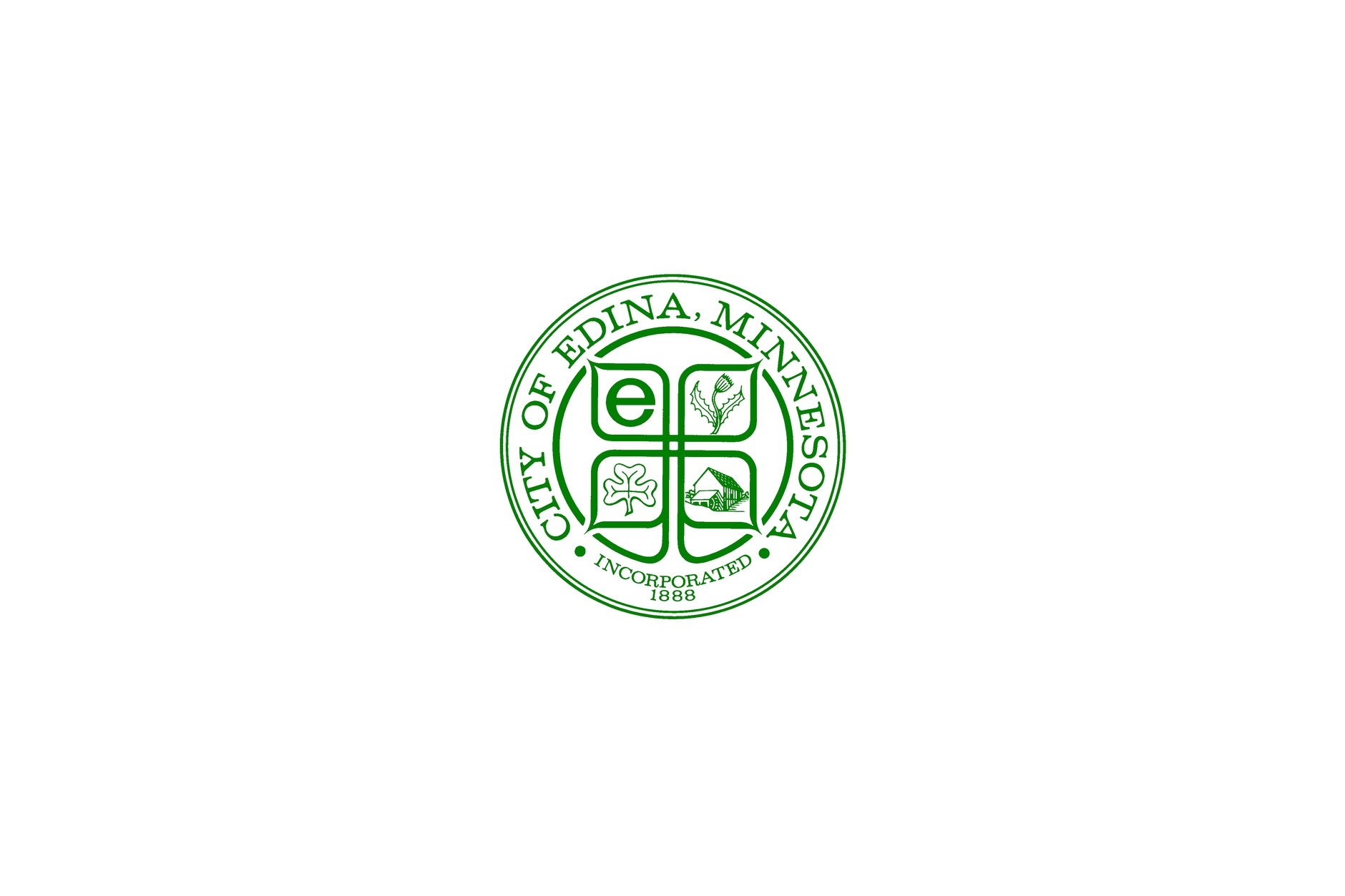A lawsuit challenging the legality of California’s planned ban on flavored tobacco has been dismissed. On Friday, Judge Cathy Ann Bencivengo of the U.S. District Court for the Southern District of California dismissed the lawsuit saying that since the ban has not yet gone into effect, and may not go into effect, the court lacks subject matter jurisdiction.
The suit was filed in October 2020 by R.J. Reynolds Tobacco Co., R.J. Reynolds Vapor Co., American Snuff Co. LLC, Santa Fe Natural Tobacco Co. Inc., Philip Morris USA Inc., John Middleton Co., U.S. Smokeless Tobacco Co. LLC, Helix Innovations LLC, Neighborhood Market Association Inc. and Morija LLC. Those groups sued Xavier Becerra, California’s former attorney general, and Summer Stephan, the district attorney for San Diego County, as defendants, both in the official capacities of their jobs. The suit stemmed from the passage of SB 783, which banned the sale of flavored tobacco and vaping products, in the summer of 2020. The bill was slated to go into effect on Jan. 1, 2021, but was delayed as part of a signature count for a ballot referendum that would put the matter to voters.
The lawsuit claimed that the ban violates the Federal Smoking Prevention and Tobacco Control Act, which the plaintiffs claimed prevents state and local governments from enacting tobacco product standards that are different from those at the federal level.
Because the ballot referendum on the flavored tobacco ban qualified for the November 2022 election, implementation of the bill has been halted until after California’s voters decide if they want to keep the wall. It was that fact that Judge Bencivengo cited in her ruling, pushing back on the plaintiff’s claim that their claims are ripe for adjudication. Bencivengo dismissed the case because a ruling at this point would be speculative as to potential harm that may be incurred by the plaintiffs—i.e., financial losses suffered by the tobacco companies—their case lacks ripeness, and thus the court lacks subject matter jurisdiction.
As it stands now, the ban will not go into effect until at least December 2022. That is due to the fact that the election is scheduled for Nov. 8, 2022, and those results then need to be certified, meaning even if the law was approved by voters it wouldn’t be enforceable until Dec. 8, 2022. That is before accounting for additional legal challenges.
Additionally, because both parties agreed that if the referendum qualified for the ballot it would suspend implementation of the ban, the plaintiffs’ motion for a preliminary injunction was denied.
The bill contains exemptions for hookah sales and premium cigars, though a clause about minimum pricing rendered the exemption essentially useless as it would drive up the cost for a flavored premium cigar to just under $40. It did not make it illegal to possess or use such products.



